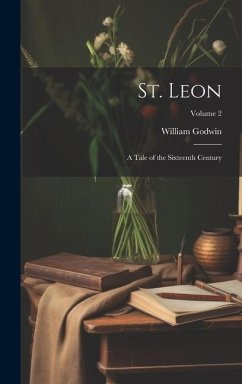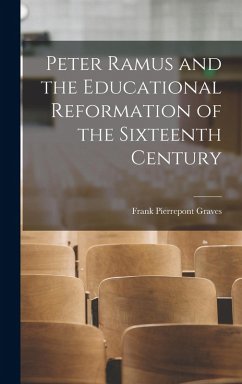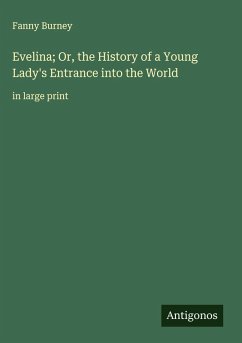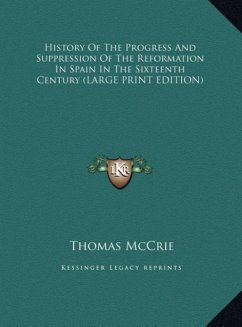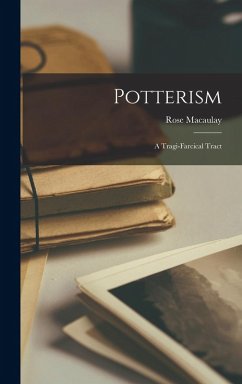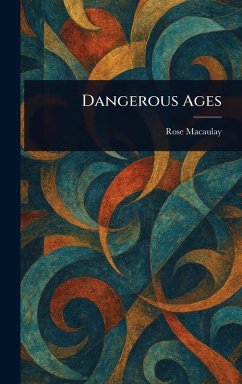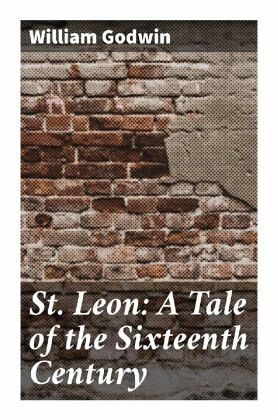
St. Leon: A Tale of the Sixteenth Century
Versandkostenfrei!
Versandfertig in 6-10 Tagen
11,99 €
inkl. MwSt.
Weitere Ausgaben:

PAYBACK Punkte
6 °P sammeln!
In "St. Leon: A Tale of the Sixteenth Century," William Godwin intricately weaves a narrative steeped in the complexities of moral philosophy and the effects of unchecked ambition. Set against the backdrop of 16th-century England and Austria, the novel follows the enigmatic protagonist, St. Leon, who, in his quest for immortality, discovers the paradoxes of human desire and the relentless pursuit of knowledge. Godwin employs a rich, lyrical style that reflects both Gothic elements and the Enlightenment's ideological fervor, making the work a profound meditation on the nature of human existence...
In "St. Leon: A Tale of the Sixteenth Century," William Godwin intricately weaves a narrative steeped in the complexities of moral philosophy and the effects of unchecked ambition. Set against the backdrop of 16th-century England and Austria, the novel follows the enigmatic protagonist, St. Leon, who, in his quest for immortality, discovers the paradoxes of human desire and the relentless pursuit of knowledge. Godwin employs a rich, lyrical style that reflects both Gothic elements and the Enlightenment's ideological fervor, making the work a profound meditation on the nature of human existence and morality. William Godwin, a prominent figure of the Romantic era, was an influential philosopher and novelist whose radical views on politics and ethics permeate his writings. His life experiences-including his advocacy for social reform and deep engagement with Enlightenment thinkers-sharpened his exploration of themes surrounding individualism and society. "St. Leon" embodies Godwin'sphilosophical inquiries into the darker recesses of human ambition, reflecting his personal struggles with societal constraints and idealism. This novel is a compelling read for those fascinated by the intersections of philosophical inquiry and literary narrative. Godwin's exploration of eternal life and moral dilemmas resonates with contemporary issues, making "St. Leon" an essential addition to any literary canon, perfect for readers who appreciate profound reflections on the human condition.




